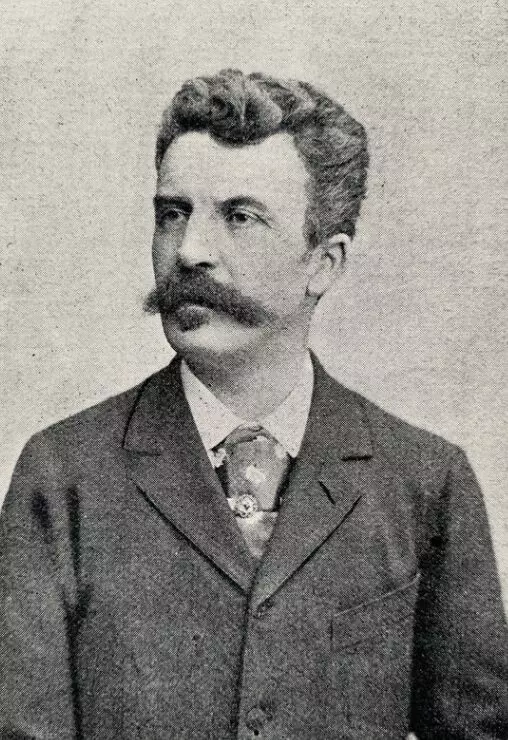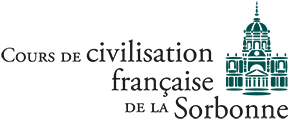A tool to harmonize language teaching in Europe
the Common European Framework of Reference for Languages
The CEFRL aims to promote transparency and consistency in language teaching in Europe. It is based on a scale of six levels, ranging from level A1 (beginner) to level C2 (full proficiency). These levels assess language skills in the areas of written and oral comprehension, written and oral expression, as well as interaction in the target language.
A pedagogy focusing on culture
The CEFR also provides tools and resources for the assessment of language skills. It offers assessment grids and skill descriptors that help teachers and learners evaluate their skill level and track their progress. These tools also facilitate mutual recognition of diplomas and language certifications across Europe.
Another important aspect of the CEFR is its vision of language learning as a continuous and dynamic process. It emphasizes communication and interaction, as well as the development of plurilingual and intercultural skills. The CEFR also encourages learner autonomy, emphasizing the importance of self-directed learning, intrinsic motivation and linguistic immersion.
Efficient language programs
The CEFR has had a significant impact on language teaching in Europe. It has contributed to harmonizing teaching practices and promoting linguistic mobility among learners. It has also influenced the creation of curricula and teaching materials that conform to CEFR standards.
In summary, the Common European Framework of Reference for Languages







